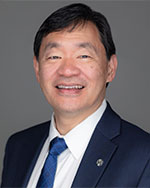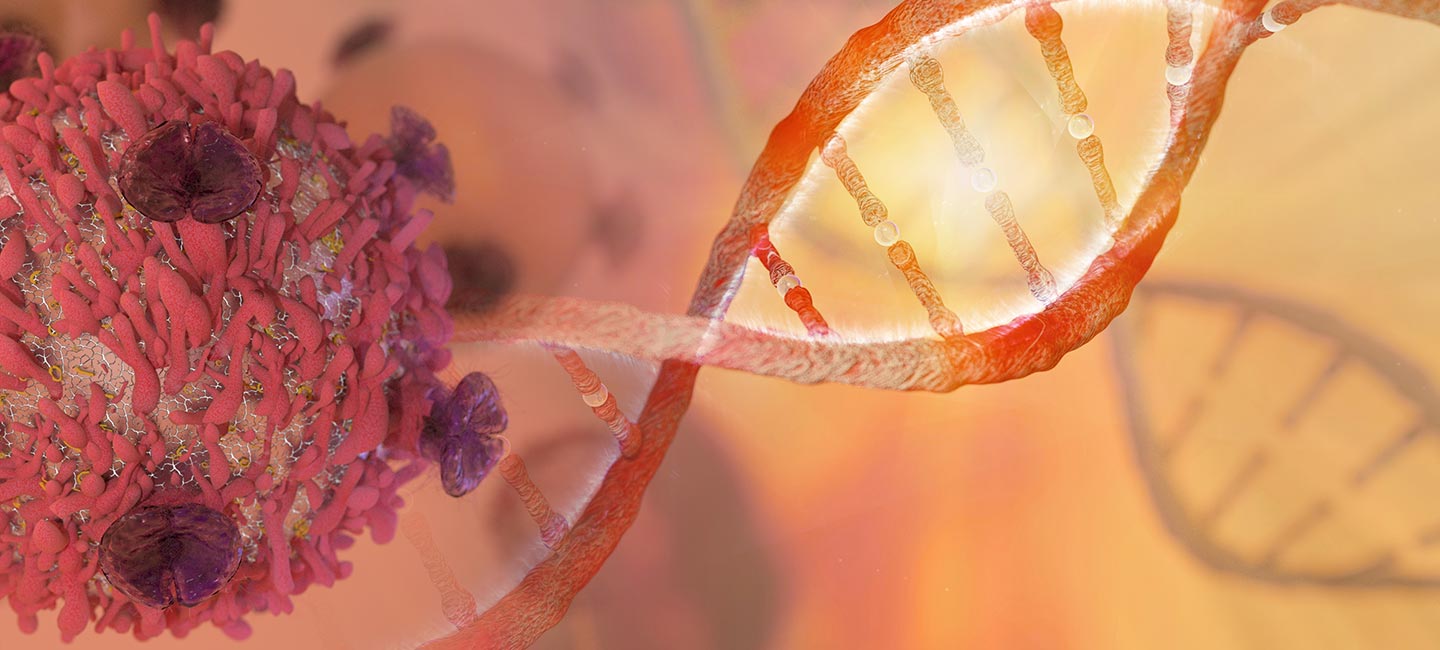New Legislation Introduced to Address Rare Cancers
Each year, roughly 1.8 million Americans receive a cancer diagnosis, many of those being rare cancers. A rare cancer occurs in fewer than 6 out of every 100,000 people annually. Rare cancers are often more difficult to prevent, diagnose and treat. There is also less research and fewer clinical trials available for these cancers because of the smaller patient populations and lack of funding.

Dr. Patrick Hwu, Moffitt President & CEO
Today, Moffitt Cancer Center CEO Dr. Patrick Hwu joined the Shepherd Foundation, U.S. Rep. Gus Bilirakis and other cancer experts to announce the filing of the Cancer Patient Equity Act, federal legislation aimed at helping patients with rare cancers. The bill is sponsored by U.S. Reps. Bilirakis and G. K. Butterfield.
“We are leaving patients behind,” Hwu said. “Our system of research and clinical trials is unfairly skewed toward cancers that affect big enough populations to make it lucrative to make drugs for them. But it is our obligation to find newer and better ways to stop rare diseases, like cancer.”
The Cancer Patient Equity Act would mandate coverage for molecular diagnostics and genetic counseling at the time of diagnosis for patients on Medicare, Medicaid and the Children’s Health Insurance Program. Molecular diagnostics are critical, as they help provide accurate diagnoses and enable the use of targeted therapies. The information is also important to researchers who are working to establish new standards of care and improve outcomes for patients.
“By removing barriers to molecular diagnostics, it will allow us to accelerate the creation of targeted therapeutics for so many cancers for which, right now, we have no good answers,” said Hwu. “This bill would help us level the playing field for rare cancers and help us do a much better job than we are doing now to help millions of people who are in dire need.”
In addition to molecular testing mandates, the legislation would create awareness programs for medical students, physicians and the public to better understand genomic testing, how it is used and the role of genetic counselors.



